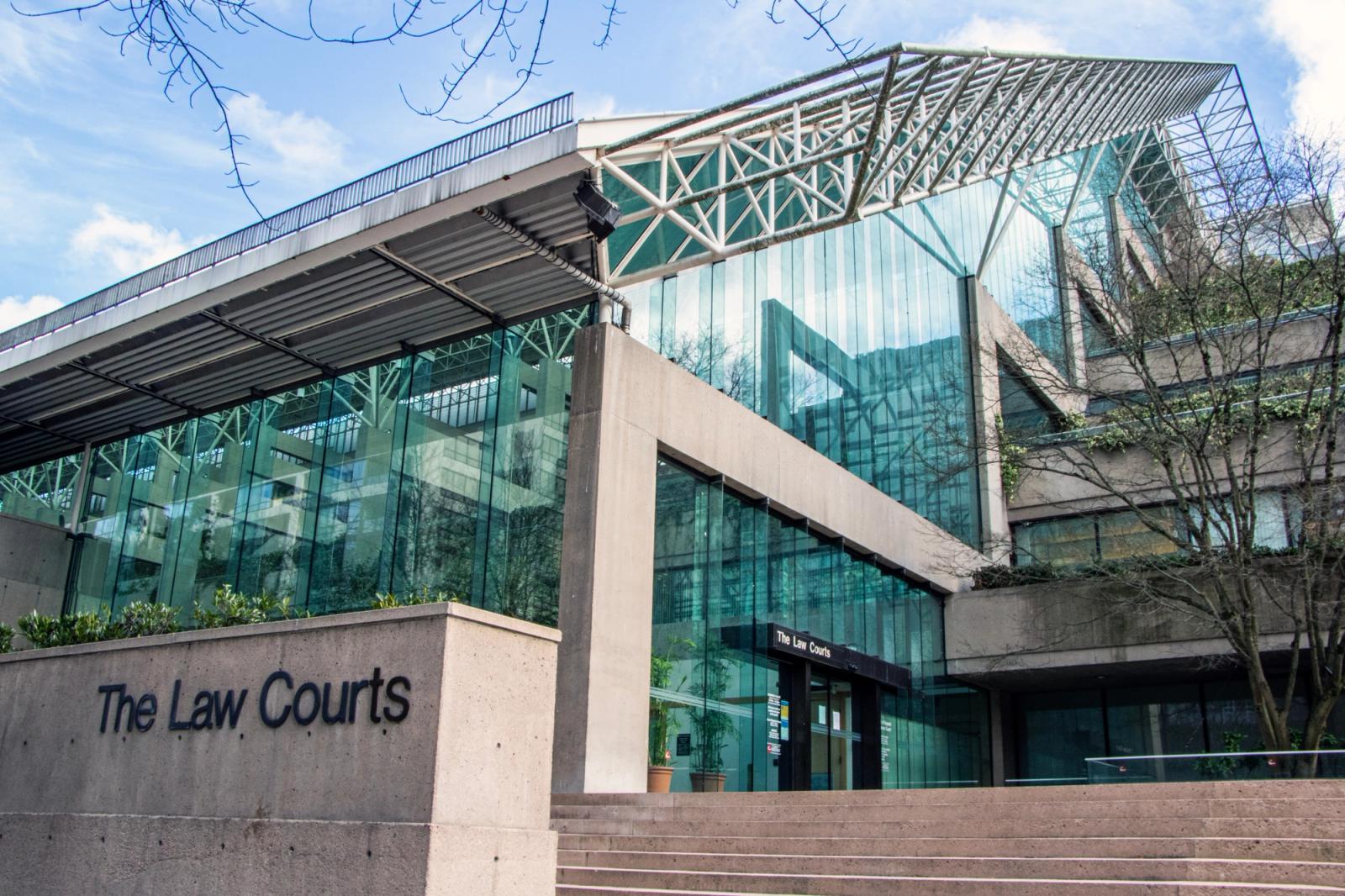The Topline
- Following up their campaign promise, the Liberal government is moving to toughen bail and sentencing laws by tabling Bill C-14 , which contains 80 proposed changes to the Criminal Code, the Youth Criminal Justice Act and the National Defence Act
- The Bill primarily focuses on stricter bail laws to address violent and repeat offending, along with tougher sentencing laws for serious and violent crimes
- Polling indicates Canadians across the political spectrum, and of all ages, are strongly supportive of stricter bail rules
Switch sides,
back and forth
It's a step in the right direction
After months of political pressure and public concern about crime, the federal government has tabled changes to Canada’s Criminal Code that toughen bail and sentencing laws.
At its core, Bill-C14 aims to make it harder for those accused of violent crimes to be released on bail . But to understand the changes, let’s first look back on what led up to this.
Back in 2019, the Trudeau government legislated something known as the “principle of restraint.” It requires the courts, where appropriate, to consider releasing accused individuals at the earliest opportunity over detention, and that only reasonable bail conditions be imposed on the accused, depending on the risks they pose. In other words, detention before trial should be the exception, not the rule.
Fast forward to today. The government now wants to clarify that the principle of restraint does not mandate releasing someone over detention. If keeping an accused behind bars is in the best interest of public safety, then judges should lean that way instead. On paper, this should result in more accused persons being kept in custody.
The other notable change is increasing the number of criminal charges where “reverse onus” – a legal provision that shifts the burden of proof from the prosecution to the defendant – applies.
Under most circumstances, the Crown prosecutor has to convince the judge to keep a person in custody if there is a belief the accused won’t attend court; if it’s necessary to protect the public/victims/witnesses; or in order to maintain confidence in administration of justice.
But under reverse onus, the onus now shifts over to the defence lawyer to convince the judge to grant bail by arguing those same points. The government wants to expand the list of charges where reverse onus applies to include things like organized crime-related auto theft and break and enter of a home.
On top of the other proposed changes, Bill C-14 is another large step forward towards keeping more people accused of violent crimes behind bars while they are awaiting trial.
So what?
There’s no magic bullet to fixing everything wrong with the justice system, especially around bail reform. But as a starting point, these proposed changes are a big step forward towards exactly what Canadians have demanded – that more accused persons of serious crimes, or those who have a long list of outstanding charges, be kept in custody before trial.
It means nothing without more resources
Bill C-14 sounds good on paper, but legal experts are flagging one very important point to consider – the entire legal system is one gigantic bottleneck.
The BC Crown Counsel Association recently told CKNW’s Mornings with Simi that while modifying the principle of restraint seems like a good step forward, it doesn’t necessarily introduce anything that the current legislation doesn’t already make provisions for.
The three main criteria for deciding whether to grant bail aren’t changing. Today’s legislation already allows prosecutors to argue why accused individuals should be kept in custody.
Behind the window dressing, here’s the core issue – the system is running on fumes. Crown prosecutors are overtaxed. There aren’t enough people working in the courts, nor enough time for the prosecutors to do the appropriate research before making arguments against granting bail, nor enough police resources to collect evidence.
Courts are congested across Canada and trials are routinely delayed. If trials, even for minor offences, are routinely delayed by as much as 18 months, it goes without saying that judges are having to release those accused of crimes on bail.
Correctional Services Canada is experiencing a shortage of front-line correctional staff. Provincially, B.C. needs more sheriffs, Alberta needs more Crown prosecutors and Ontario needs more jails. Never mind what the rest of Canada needs.
Do these changes mean the feds are coming to the table with more cash for the provinces?
Justice Minister Sean Fraser told iPoltics that he expects provincial governments to provide the necessary staffing and infrastructure resources to respond to the Liberals’ proposed overhaul of Canada’s bail and sentencing laws.
Sounds like a “no."
These changes won’t amount to much if the existing backlogs and staff shortages aren’t addressed first.
So what?
The federal government sets out the Criminal code, but the administration of justice is left to the provinces who operate the courts. So far, it doesn’t appear like the provinces will be receiving any additional funding to accommodate these legislative changes.
Considering the changes don’t introduce anything dramatically new, relieving the pressure on the already-overburdened courts would have more positive impact than any proposed legislation.

